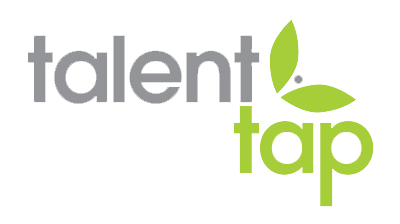Grow Faster. Hire Better. Stress Less.
Bernadette Hill
May 29, 2025

Let’s face it—hiring top talent these days is like finding a parking spot at a concert.
It’s stressful, time-consuming, and just when you think you’ve found "The One", someone else swoops in and takes them.
That’s why more companies—scrappy startups to corporate giants—are handing off recruiting to the pros. Here's why outsourcing your recruiting might be your next power move:
1. They Know What They’re Doing (Like, Really Know)
Recruiters are the matchmakers of the working world. They eat, sleep, and breathe screening calls, resume red flags, and the fine art of the follow-up. So let them do what they do best, while you focus on growing your business.
2. Save Time. Save Money. Save Your Sanity.
Between chasing references and ghosted interviews, hiring feels like a second full-time job. Outsourcing clears your plate—speeding up time-to-hire, slashing hiring costs, and preserving your team’s focus (and patience).
3. Flex Like a Hiring Ninja
Need to fill one role this week and 20 next month? No problem. Outsourcing lets you scale your recruiting efforts up or down faster than you can say “urgent headcount request.”
4. Access to a Bigger (and Better) Candidate Pool
Recruitment agencies have a secret weapon: massive networks. They know people. Good people. People who aren’t even looking... until the right opportunity comes along. You probably won’t find those folks by just tossing a job on LinkedIn and hoping for the best.
5. A+ Candidate Experience
First impressions matter. A great recruiter knows how to keep candidates informed, engaged, and not completely ghosted halfway through the process. Even if someone doesn’t land the role, they’ll walk away thinking your company is classy—and that goodwill can go a long way.
Final Thoughts:
Outsourcing your recruiting isn’t admitting defeat—it’s playing smart. It's about hiring better, faster, and with fewer headaches. In today’s ever-changing job market, that kind of edge can be a game-changer. Plus, it means fewer awkward interviews with people who still list “Microsoft Word” under special skills.
Share This Post!
Talent Tap Trends & Insights | Lancaster, PA



